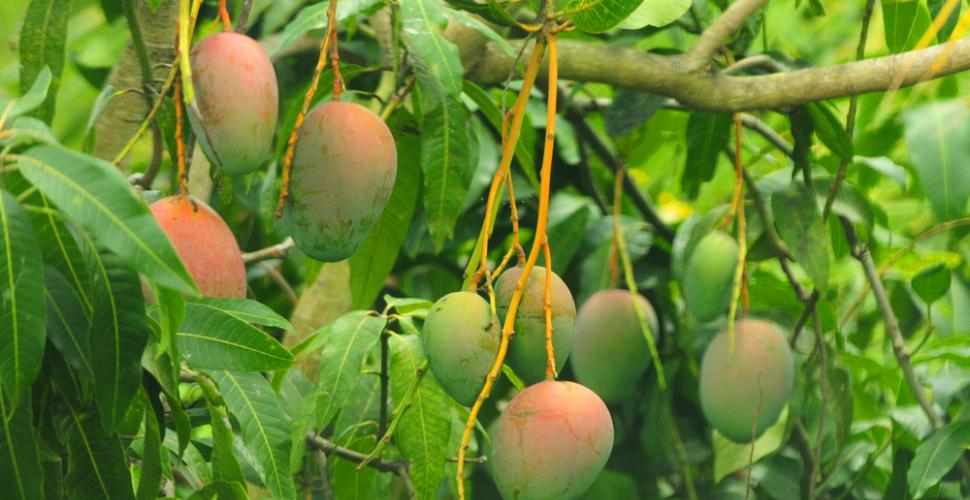Solving soil problems improves uptake.

Several factors inhibit plant uptake of soil nutrients. The farming practices discussed here relate especially to the uptake of nitrogen, phosphorus and potassium, to soil pH, soil compaction, poor soil aeration, soil moisture, soil temperature, organic matter and plant root systems. Soil pH is a common problem faced by farmers who may not understand the necessity of neutralizing the acidic effect of compounds such as ammonium nitrate and urea. At pH levels of below 6 and above 7,5 most of the important nutrients are locked up and unavailable to plants.
Soil compaction is normally a result of the breakdown of the natural soil structure by ploughing and the oxidation of the humus content of the soil (soil organic matter). Conventional farming systems remove plant residue from the lands and thus continually reduce the organic matter in the soil. This affects soil aeration and the growth of root systems. Moisture cannot be held in compacted soil. It’s said that a healthy soil can contain as much as 70% air and water, by volume, which means only 30% is actual soil.
There’s little hope of fixing any of these problems by continuing to use conventional practices. Amazingly, though, there’s a simple way of dealing with these issues and it’s available to even the poorest farmer. This is by using compost and mulch. We’ll discuss mulch at a later stage. For now, we’ll focus on compost that will naturally neutralize pH and supply organic matter and micro-organisms to help rebuild soil structure.
Once soil structure has been rebuilt, soil moisture, aeration and fertility are all greatly improved. What’s so incredible about this process is that, in a short time span, we’re able to correct the damage caused by poor agricultural practices.


